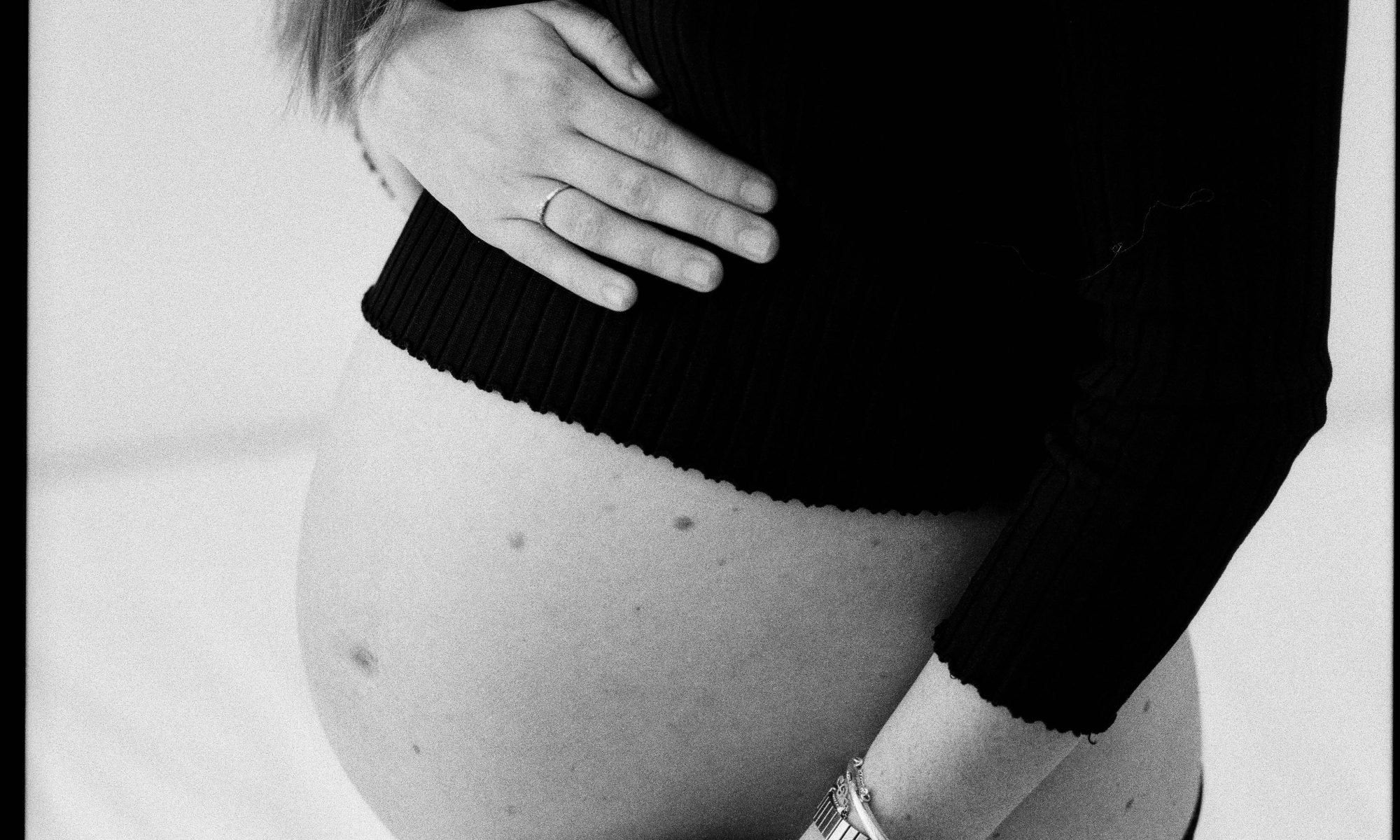Why am I susceptible to varicose veins during pregnancy?
Many women first notice varicose veins during pregnancy, when significant weight fluctuations and hormone changes impact on the development and symptoms of varicose veins. Unfortunately, broken veins and spider veins may also develop, with some mothers-to-be experiencing uncomfortable swollen ankles and suffering from poor circulation.
With the increase of blood during pregnancy, progesterone levels rise, prompting the walls of your blood vessels to relax. Your body has to work harder to return blood back to your heart, significantly increasing the risks of developing varicose veins in your legs.
Will varicose veins affect my pregnancy?
The good news is that varicose veins do not affect your baby and most certainly do not put your unborn child at risk. However, they can be troublesome, with on-going symptoms, often worse at night and increasing as the pregnancy reaches full term.
What causes varicose veins?
Varicose veins are caused by weaknesses in veins’ valves which prevent blood flowing properly between each of the vessels. If a one-way valve fails, the blood refluxes and gets stored in the veins near the surface of the skin. This makes the vein expand, causing it to twist and protrude, presenting as a lumpy raised vein, either deep blue or red in appearance.
Top symptoms of varicose veins
- Aching or heavy feeling in your legs
- Painful throbbing, muscle cramping and swelling in your lower legs
- Swollen ankles
- Worsened pain after sitting or standing for a long time
- Restless legs, especially at night
- Persistent leg itching
- Skin discolouration around the ankles
How can I reduce varicose vein discomfort?
- Move around as much as possible and take frequent breaks if you have to stand or sit for long periods of time
- Wear maternity support or compression tights
What varicose vein treatments are available?
Successful treatment depends on careful pre-operative assessment. Reviewing visible swollen veins are just the tip of the iceberg. Mr Michael Gaunt assesses the underlying vascular condition before deciding upon the most suitable treatment for each patient.
“I perform a full diagnostic assessment with a Duplex ultrasound scan to identify the problematic veins and underlying problem before recommending the best procedure and treatment plan for you”
As one of the most experienced and respected surgeons in the UK, Michael Gaunt takes pride in delivering the highest quality of award-winning patient service and he specialises in minimally invasive treatments for varicose veins using:
- Endovenous Laser Ablation (EVLA)
- VNUS Closure
- ClariVein
- Sclerotherapy
- Microsclerotherapy
- VeinWave
Recommended after the birth, these procedures can be performed under local anaesthetic as walk in / walk out treatments, allowing you time to enjoy your new family with little impact on your busy lifestyle.
To learn more or to book an appointment with Mr Michael Gaunt call his specialist team on 01223 305858
Photo by Pelayo Arbués on Unsplash








